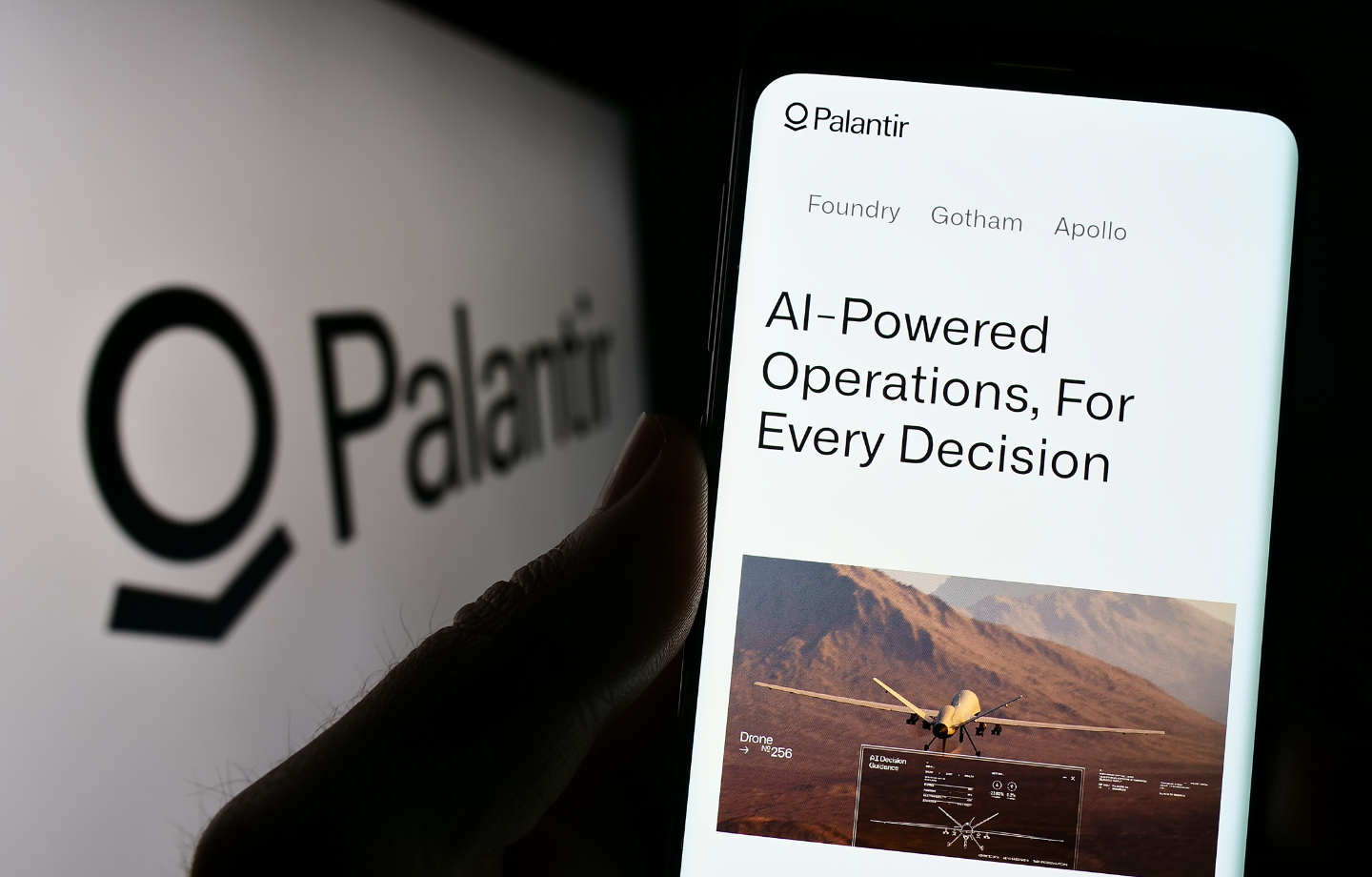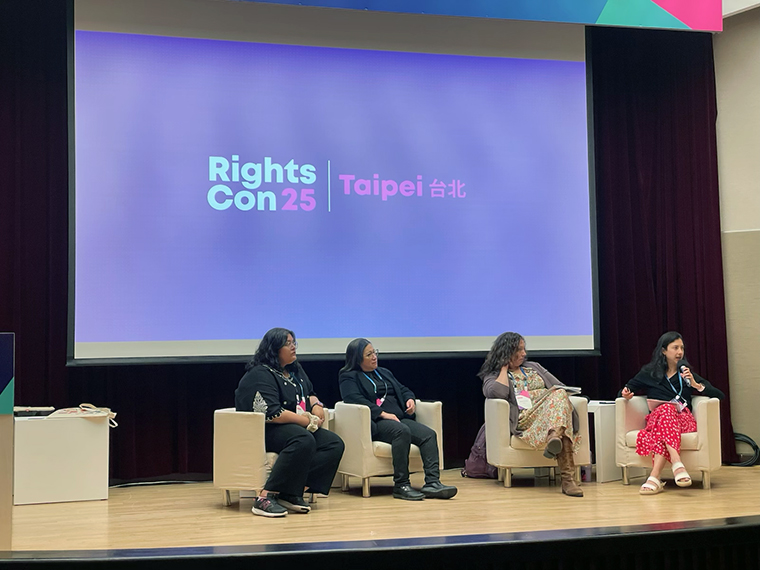Online Censorship Takes New Forms

February 6, 2015
If the last few months have proven anything, it’s that threats to freedom of expression can come from everywhere – including Europe. The Charlie Hebdo attacks have sparked a rush of proposals from the governments of France and the United Kingdom for greater website blocking. And meanwhile, as the New York Times reminded us recently, a ruling last May by the European Court of Justice recognizing the “right to forgotten” is threatening to pick up steam around the world.
A few months ago the NYU Stern Center for Business and Human Rights hosted Argentinian internet expert Eduardo Bertoni to discuss the global free expression consequences of the European “right to be forgotten” precedent. As European officials push companies to apply the ruling to their global platforms, his comments then are even more relevant.
The “right to be forgotten” ruling directed search engines like Google or Microsoft to consider individuals’ requests to remove links which feature “inadequate, irrelevant or no longer relevant” content associated with their name. The ruling was seen as a slap in the face to Google – part of broader European blowback against the company. But in fact, as Bertoni pointed out, it empowered tech companies to decide what information we encounter online – a concerning precedent of private censorship. Google has removed more than 250,000 links from European Google searches since the ruling took effect.

The “right to be forgotten” was proposed in the name of privacy, to give European citizens more control over the information available about them online. But we discussed with Bertoni at Stern, it can also be used by public officials to whitewash history and stifle critics. Google and Microsoft may have a harder time pushing back on those requests in Azerbaijan or Turkey having complied in Europe. We need experts like Bertoni more than ever before to help companies navigate this new free expression threat.
 Technology & Democracy
Technology & Democracy


